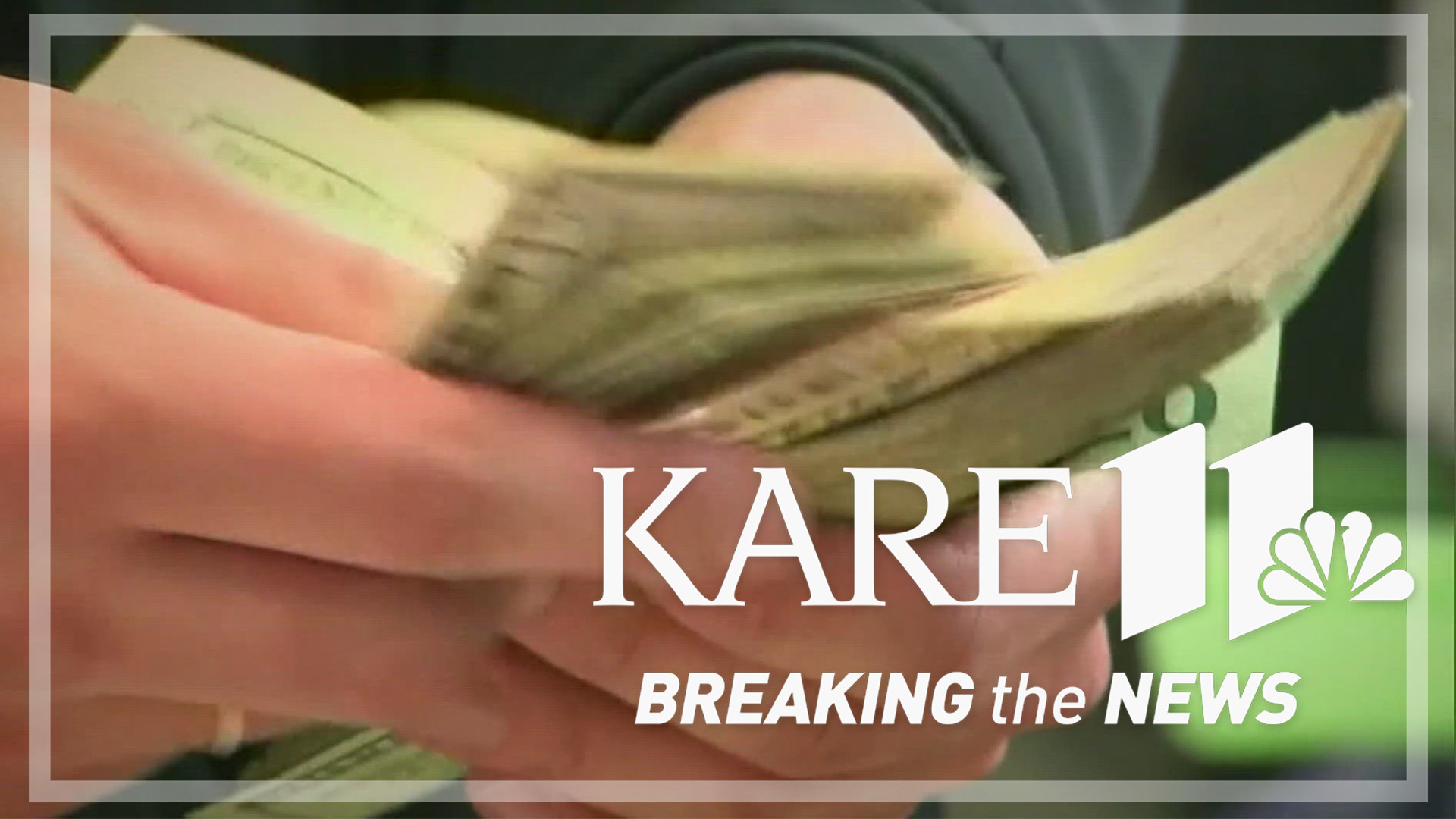MINNEAPOLIS — Exit polls found a consistent theme among the voters who helped send President Donald Trump back to the White House on Tuesday: Inflation and the economy were top of mind.
According to national exit polls conducted by NBC News, 45% of all voters said they were worse off financially than they were four years ago, with 2 in 3 rating the economy poorly.
But at a time when many economic indicators show the U.S. is outperforming many other countries, the views of voters still vary widely.
"One thing that's interesting about the economy this year is that the economy has sent some mixed signals," said Chris Chapp, Political Science Professor at St. Olaf College. "And voters really reacted through a very partisan lens."
Professor Chapp and his students conducted exit polling across 14 precincts within Minnesota Congressional District Two.
Of the 665 voters surveyed, 55% of Trump voters listed "Inflation/Economy" as the most important issue, compared to just 18% of Harris voters.
While Harris did win Minnesota, and narrowly carry CD2, Chapp says economic concerns help explain why she underperformed democrats Angie Craig and Amy Klobuchar.
"In our survey, close to 10% of Klobuchar voters also voted for Trump," Chapp said.
Of those split-ticket voters, Chapp says 45% listed "Inflation/Economy" as the top issue.
"It doesn't matter where you go, high prices are hitting people in the face," said Chris Farrell, senior economics contributor for American Public Media's Marketplace.
While economic frustrations helped swing the election in Trump's favor, Farrell says the post election surge on Wall Street on Wednesday also shows how strong the underlying economy continues to be.
"President-elect Trump is inheriting a good economy," Farrell said. "You have a low unemployment rate. The economy grew at a 2.7% annual rate in the third quarter, the inflation rate is coming down.
And then the expectation is there is going to be less regulation and lower taxes, so you're looking at pretty good cash flow. That's what I think we're going to be seeing in the stock market."
But he says the real test will be what comes next.
"I do believe that we will have tariff increases," Farrell said. "I don't know what exactly the percentage is going to be but Trump has been consistent throughout the campaign and actually back when he was President, very consistent that he likes tariffs."
Once that plan emerges he anticipates a different kind of inflation fight with the federal reserve over interest rate cuts.
Then there are all the other cuts that Trump has promised on the campaign trail, alongside his so-called "secretary of cost-cutting," Elon Musk.
"My expectation, and this is what I'm going to watch, is that Musk is going to be involved," Farrell said. "What does this really mean if he gets involved in cutting the budget, how will that emerge, how deep will the cuts be who is going to get impacted by those cuts? Follow that closely because once we start making cuts, it can have a real impact on people's ordinary lives."

